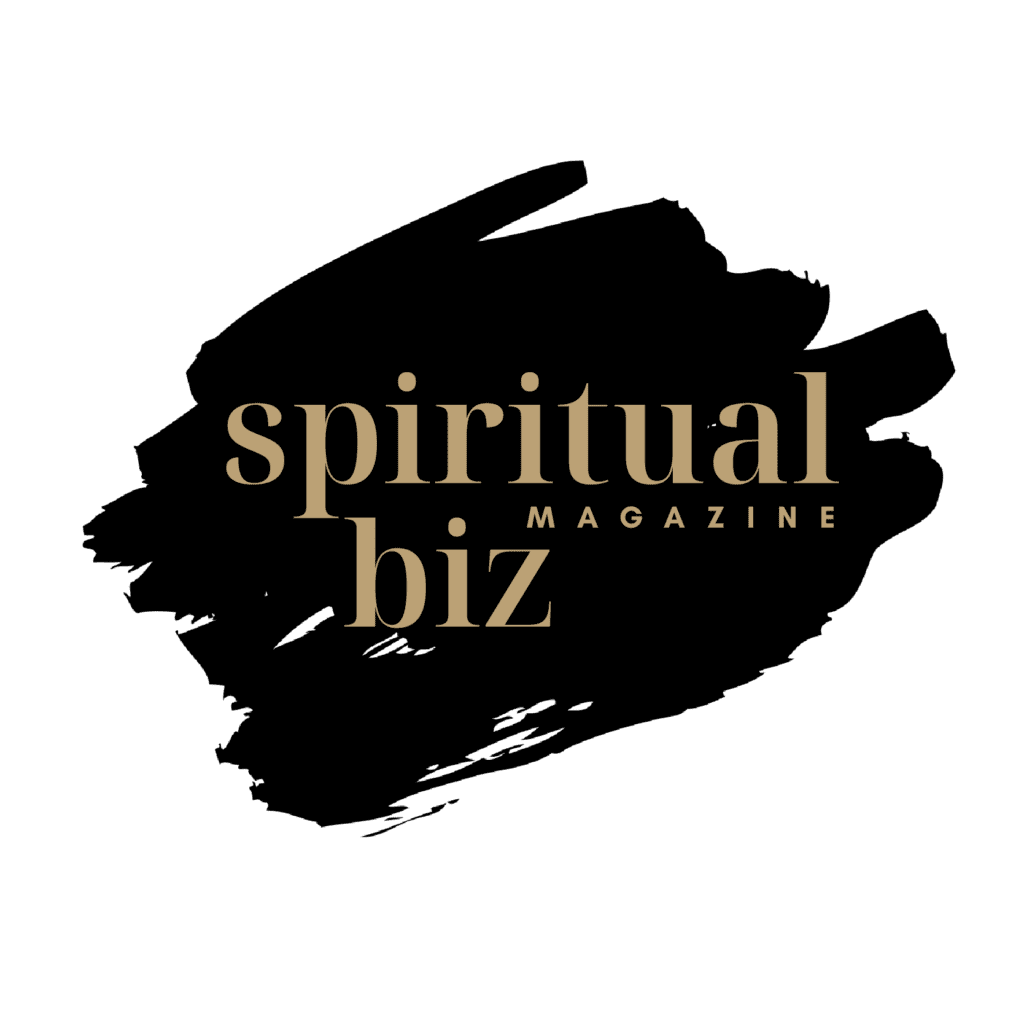 I’ve been on what feels like a very long and difficult journey to heal my family’s karma and trauma. On both sides of my family, there has been a lot of heartache and trauma, a burden I feel very much aware of as I seek to heal the pain within my own heart. Trauma can literally change the very cells of our being. It can create different neuron pathways in our brain, leading us to moving through the same cycles and belief systems as we stick to age-old behaviors that can sometimes keep us in a negative loop.
I’ve been on what feels like a very long and difficult journey to heal my family’s karma and trauma. On both sides of my family, there has been a lot of heartache and trauma, a burden I feel very much aware of as I seek to heal the pain within my own heart. Trauma can literally change the very cells of our being. It can create different neuron pathways in our brain, leading us to moving through the same cycles and belief systems as we stick to age-old behaviors that can sometimes keep us in a negative loop.
Many of us have gone through our own traumas and it’s through working on the Spiritual Path I have found different techniques and ways to heal those many fragmented aspects of my soul. Though if I’m honest the most powerful way I healed was through a licensed therapist that specialized in trauma. Sometimes seeking help outside of ourselves can truly be the most liberating thing you can do.
On my path to healing my own trauma, I came across the term Family Constellation, a form of therapy developed by Bert Hellinger in the 1980s. Family Constellation is based on the premise that we are all connected to our ancestors and ancestral line both physically and energetically. By working with our Ancestral Line we can seek to heal the wounds from the past in order to create a more positive future for ourselves and our families.
Whether we like it or not our ancestors are a part of us. Their energy lives within our very blood, bones, and DNA. When our Mother was in our Grandmother’s womb, every egg, including the eggs that make us was within our mother. So you started life with your grandmother! And energetically we hold every wisdom, belief system, and yes, trauma from our ancestors within our own cells and energetic being.
So if like me you are on a journey to heal your own past trauma and that of your families then working with your ancestral line can be a powerful tool on that journey.
As well as learning about family constellations, I highly recommend you read the book The Art and Practice of Family Constellations by Bert Hellinger. There are a number of other methods you can try such as Shamanic work, journaling meditation, and energy work.
Here are some steps you can take to heal your ancestral line:
- Learn about your ancestors. The first step to healing your ancestral line is to learn about your ancestors. Who were they? What did they do? What were their lives like? The more you know about your ancestors, the better you will be able to understand their pain and trauma.
- Forgive your ancestors. One of the most important steps in healing your ancestral line is to forgive your ancestors. Forgiveness does not mean that you have to forget what happened. It simply means that you are letting go of the anger and resentment that you may be holding onto.
- Ask for forgiveness. If you believe that you have wronged your ancestors in any way, it is important to ask for their forgiveness. This can be done through prayer, meditation, or simply by speaking your heart out.
- Honor your ancestors. There are many ways to honor your ancestors. You can do this by lighting a candle, saying a prayer, or simply spending time in nature. Honoring your ancestors is a way of showing them that you love and appreciate them.
- Break the cycle of pain. The goal of ancestral healing is to break the cycle of pain that has been passed down through the generations. You can do this by choosing to live a life of love, compassion, and forgiveness. When you choose to live a life of love, you are creating a new path for your ancestors.
Healing your ancestral line is a journey, not a destination. It is a process that takes time, patience, and effort. But it is a journey that is well worth taking. When you heal your ancestral line, you heal yourself. You create a better future for yourself, your family, and your community.


